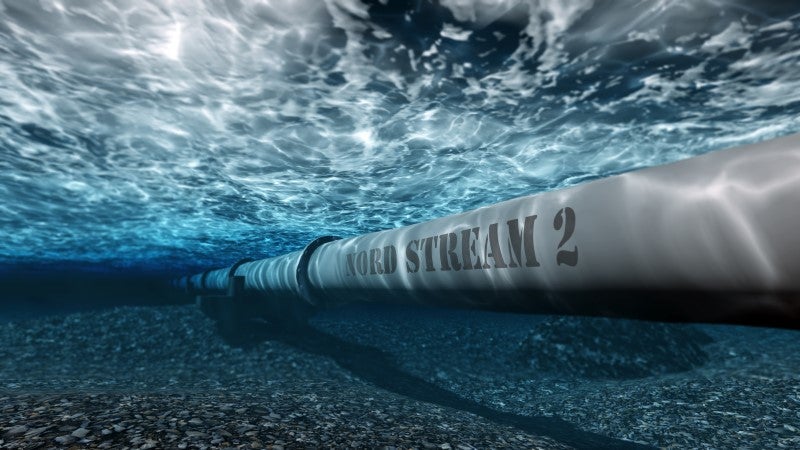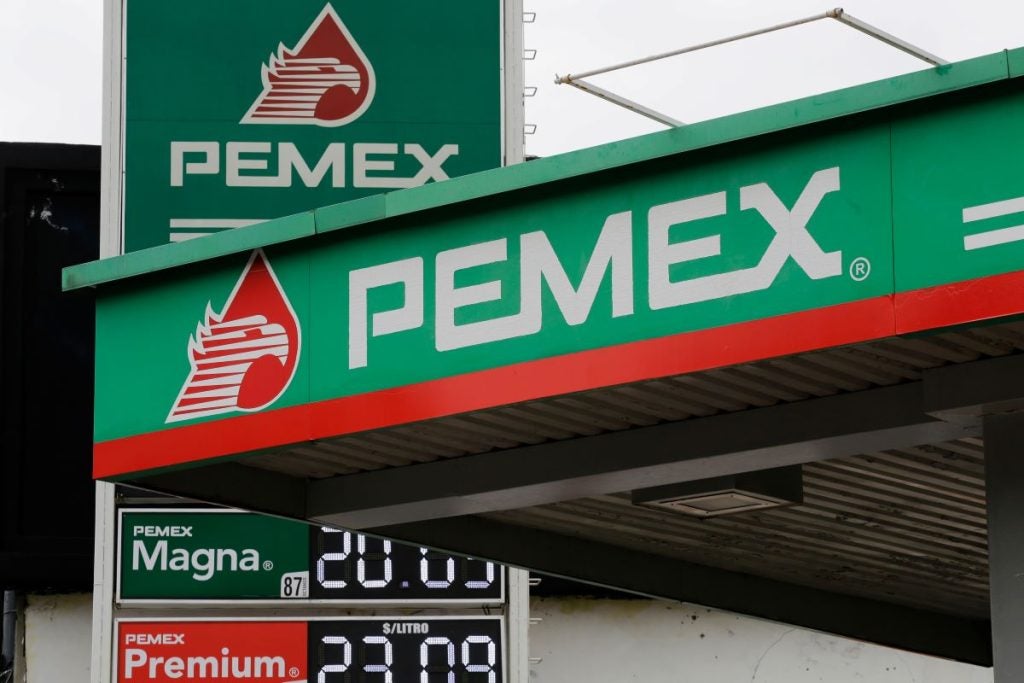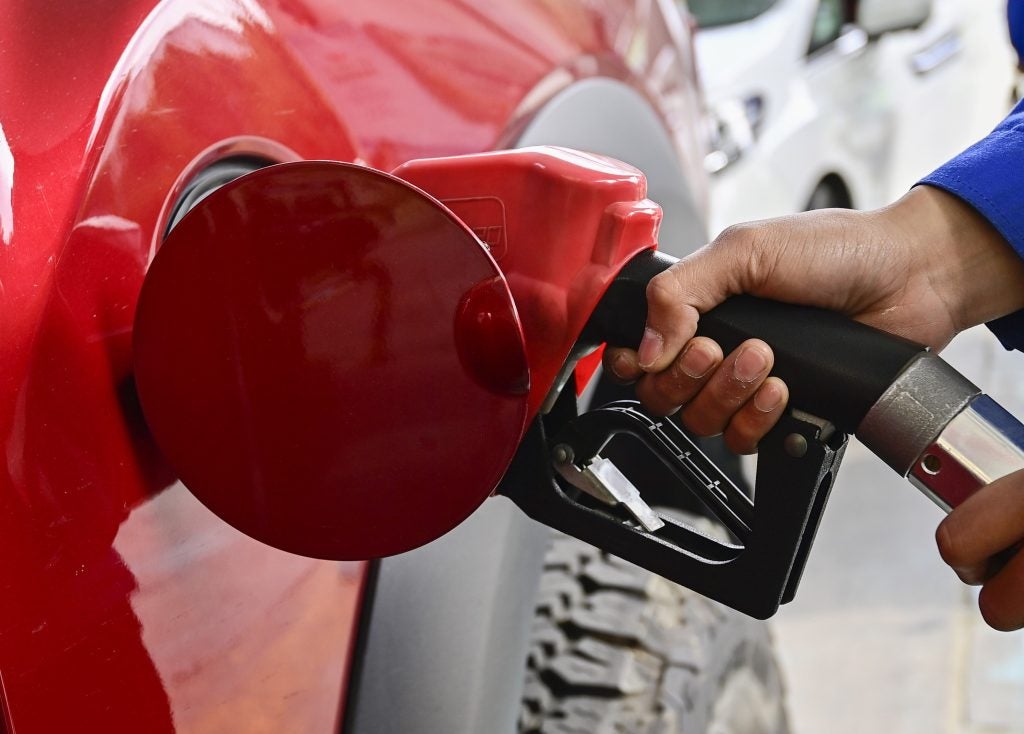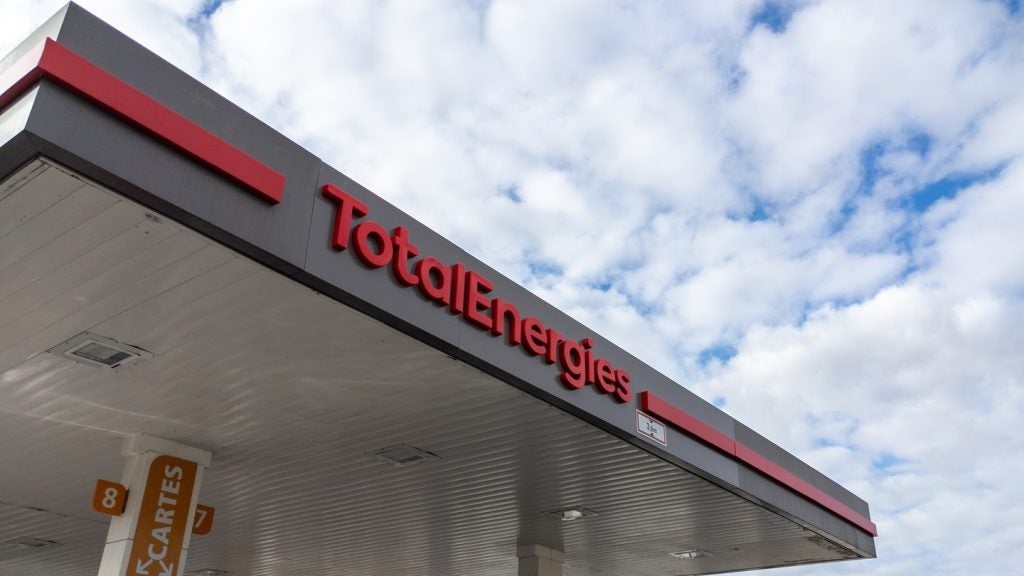Rising energy prices have been seen across Europe with demand increasing, leading to concerns over supplies for the winter months.
Post-pandemic recovery has boosted energy demand and with worries over a harsh winter, European nations are looking to prevent any future shortages.
A key player in this is Russia and its leading natural gas firm, Gazprom, which supplies Europe with 50% of its natural gas. Europe has asked for supply to be increased but so far these calls have gone unanswered, with Gazprom under no obligation to do so.
There is a growing concern that the Kremlin is using the crisis as leverage to speed up the approval of its completed Nord Stream 2 pipeline.
Worries have increased over gas supply in Europe
Soaring demand has led to rising prices across the continent. Natural gas storage had seemingly been in a good place at the start of the year, above the five-year average, but these stores have been depleted. Experts are concerned over the La Niña, an oceanic and atmospheric phenomenon, which could lead to a colder winter in North-West Europe and the need for more natural gas.
One alternative is to increase liquefied natural gas (LNG) imports, which arrive by ship and now make up a fifth of Europe’s gas. However, the continent had benefited from low gas prices for LNG in recent years due to surplus cargoes but spikes in demand across the globe, particularly in Asia, coupled with stalled investment have boosted prices making it a less attractive solution.
How well do you really know your competitors?
Access the most comprehensive Company Profiles on the market, powered by GlobalData. Save hours of research. Gain competitive edge.

Thank you!
Your download email will arrive shortly
Not ready to buy yet? Download a free sample
We are confident about the unique quality of our Company Profiles. However, we want you to make the most beneficial decision for your business, so we offer a free sample that you can download by submitting the below form
By GlobalDataRussia and Gazprom may be withholding supply for leverage
Many senior figures on the continent believe Russia is in a position to help but is withholding additional supply. Russia claims much of the crisis is Europe’s doing with the liberalisation of the energy market leading to a dependence on spot contracts in an attempt to reduce reliance on Russia, as opposed to Gazprom’s preferred method of long-term contracts which it states are ‘fundamental to stable and sustainable gas supplies’.
EU officials and members of national governments have called for an investigation into the Russian energy giant’s refusal to provide additional supply, due to a growing belief it is being used to force through regulatory approval for the Nord Stream 2 gas pipeline.
Currently, German regulators are reviewing the certification which could take until January and following this the European Commission will have to undergo their own investigation, frustrating Gazprom and the Russian Government.
Incident has drawn attention from other nations
There are a number of concerned parties over the Nord Stream 2 project, which is why there is controversy over Russia potentially using European energy shortages in its favour. The US, Ukraine, Poland and a number of other European countries have attempted to block the pipeline, although they have been unsuccessful.
Ukraine is likely to be the country worst affected, as it claims Russia would stop diverting as much gas through Ukrainian pipelines and would put Ukraine at the whim of its larger neighbour.
The US has also tried to block the pipeline with concerns that Europe is too reliant on Russia, which currently provides around half of the EU’s gas imports. This increase in Russian power is deemed unacceptable by the US.










Related Company Profiles
Gazprom
Kremlin AG
Nord Stream 2 AG